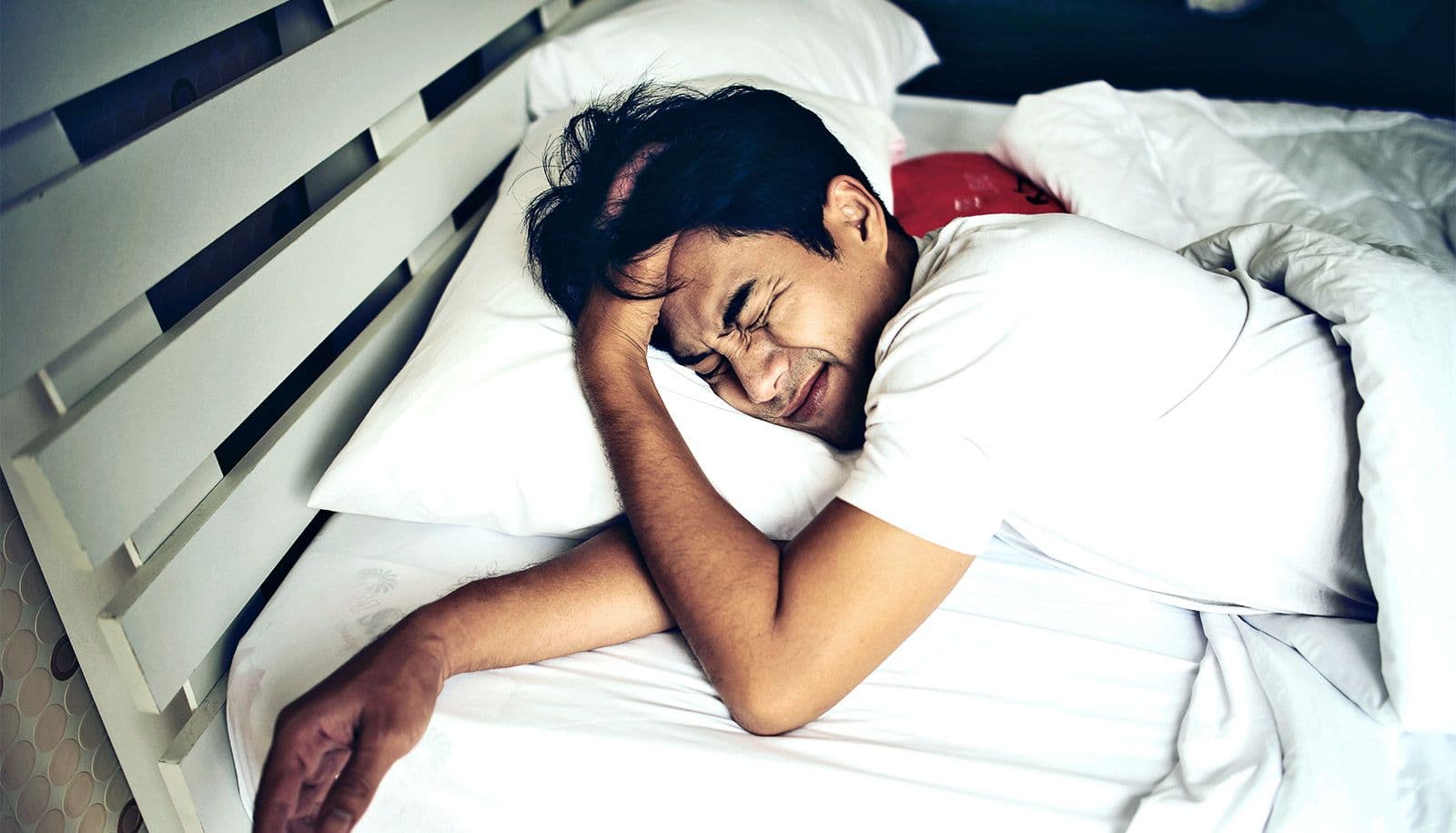A sleep disorder is a medical condition that affects the quality or duration of sleep. Some common sleep disorders include insomnia, sleep apnea, and restless leg syndrome.
Insomnia
Insomnia is a sleep disorder characterized by difficulty falling asleep or staying asleep. It can cause a range of symptoms, including difficulty falling asleep, waking up frequently during the night, waking up too early in the morning, and feeling tired or groggy during the day.
Insomnia can be caused by a variety of factors, including stress, anxiety, depression, medical conditions, and certain medications. It can also be a side effect of lifestyle factors, such as an irregular sleep schedule or poor sleep hygiene.
Treatment for insomnia may include lifestyle changes, such as maintaining a regular sleep schedule, practicing relaxation techniques, and reducing stress. In some cases, medications may be used to help improve sleep. It is important to speak with a healthcare provider if you are experiencing difficulty sleeping or other symptoms of insomnia.
Untreated insomnia can have serious consequences, including an increased risk of accidents, decreased productivity, and negative impacts on overall health. If you are having trouble sleeping, it is important to seek help from a healthcare professional. With proper treatment, it is often possible to improve sleep and reduce the symptoms of insomnia.
Insomnia is a difficulty falling asleep or staying asleep. It can be caused by stress, anxiety, depression, or other medical conditions.
Sleep apnea
Sleep apnea is a common and serious sleep disorder characterized by repeated interruptions in breathing during sleep. It can cause a range of symptoms, including loud snoring, waking up frequently during the night, and feeling tired or groggy during the day.
There are two main types of sleep apnea: obstructive sleep apnea (OSA) and central sleep apnea (CSA). OSA is caused by a blockage in the airway, such as excess weight or structural abnormalities in the throat. CSA is caused by a problem with the brain's ability to send the right signals to the muscles that control breathing.
Sleep apnea can have serious consequences, including an increased risk of heart attack, stroke, and other serious health problems. It is important to seek medical attention if you or someone you know is experiencing symptoms of sleep apnea.
Treatment for sleep apnea may include lifestyle changes, such as losing weight, quitting smoking, and avoiding alcohol and sedatives, as well as medications or medical devices, such as a continuous positive airway pressure (CPAP) machine. In some cases, surgery may be necessary to correct structural abnormalities in the throat or upper airway.
If you are experiencing symptoms of sleep apnea, it is important to seek help from a healthcare professional. With proper treatment, it is often possible to improve sleep and reduce the risk of serious health problems.
Restless leg
Restless leg syndrome (RLS) is a sleep disorder characterized by an irresistible urge to move the legs, often accompanied by a tingling or creeping sensation. It is often worse at night and can disrupt sleep, leading to fatigue and other negative impacts on overall health.
The exact cause of RLS is not fully understood, but it is believed to be related to abnormal levels of certain chemicals in the brain, as well as other factors, such as genetics, iron deficiency, and certain medical conditions.
Treatment for RLS may include lifestyle changes, such as maintaining a regular sleep schedule, avoiding caffeine and alcohol, and exercising regularly. In some cases, medications may be used to help improve symptoms. It is important to speak with a healthcare provider if you are experiencing symptoms of RLS.
If left untreated, RLS can have serious consequences, including an increased risk of accidents, decreased productivity, and negative impacts on overall health. If you are experiencing symptoms of RLS, it is important to seek help from a healthcare professional. With proper treatment, it is often possible to improve sleep and reduce the symptoms of RLS.
Treatment for sleep disorders
Treatment for sleep disorders may include a combination of lifestyle changes and medical interventions. Some common treatments for sleep disorders include:
- Maintaining a regular sleep schedule: Going to bed and waking up at the same time every day can help improve sleep quality.
- Reducing stress: Stress and anxiety can interfere with sleep. Techniques such as relaxation techniques, such as deep breathing and meditation, can help reduce stress and improve sleep.
- Improving sleep hygiene: Good sleep hygiene practices, such as keeping the bedroom dark, quiet, and cool, and avoiding screens before bedtime, can help improve sleep quality.
- Medications: There are a variety of medications that can be used to treat sleep disorders, including sleep aids and antidepressants. It is important to speak with a healthcare provider before taking any medications.
- Medical devices: In some cases, medical devices, such as continuous positive airway pressure (CPAP) machines, may be used to treat sleep disorders.
- Surgery: In some cases, surgery may be necessary to correct structural abnormalities in the throat or upper airway that are causing sleep disorders.
It is important to speak with a healthcare provider to determine the most appropriate treatment for a specific sleep disorder.



















